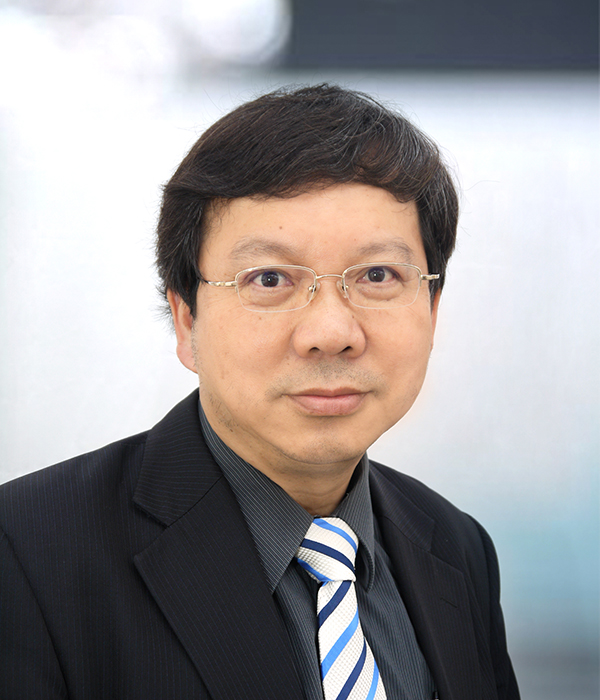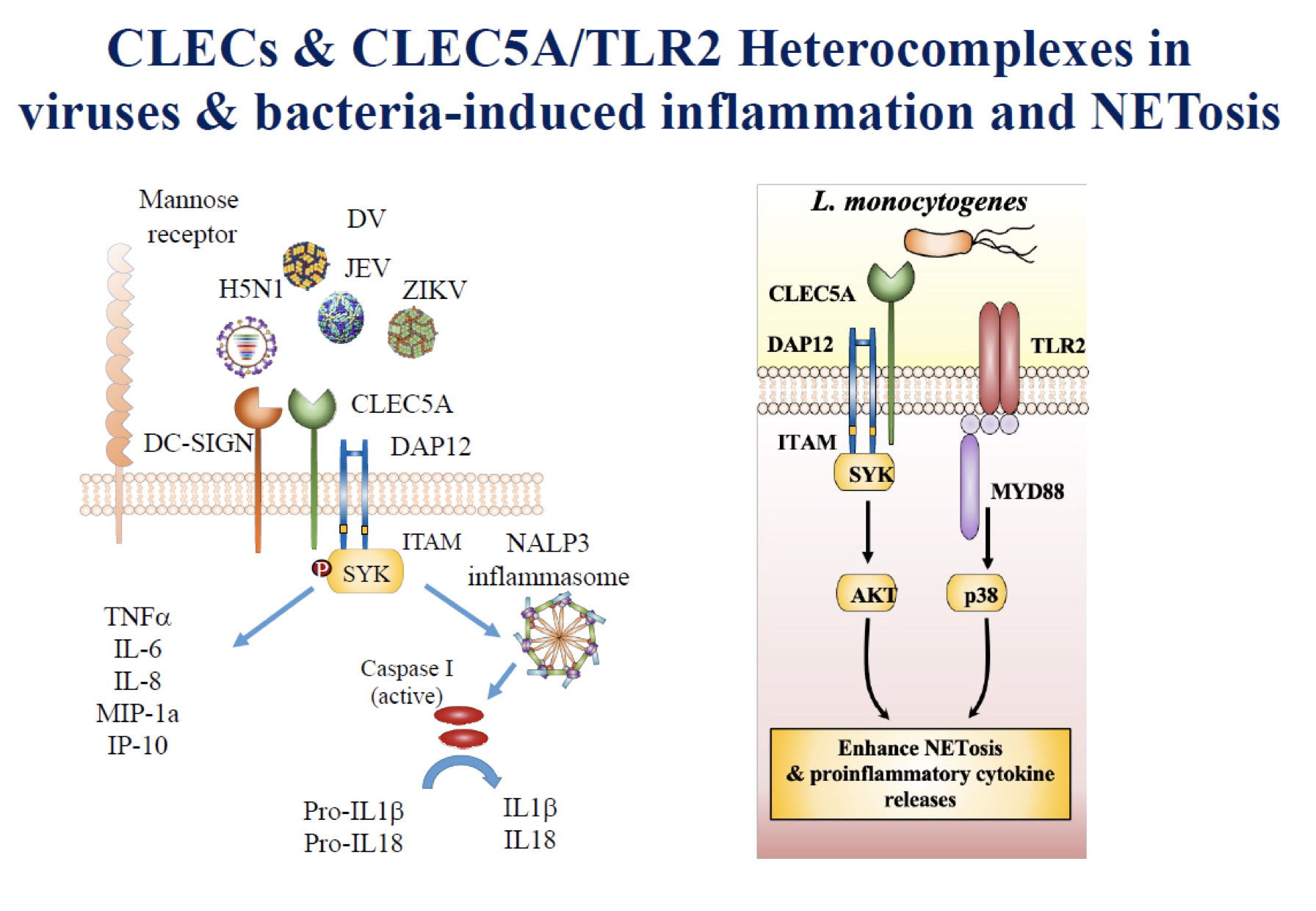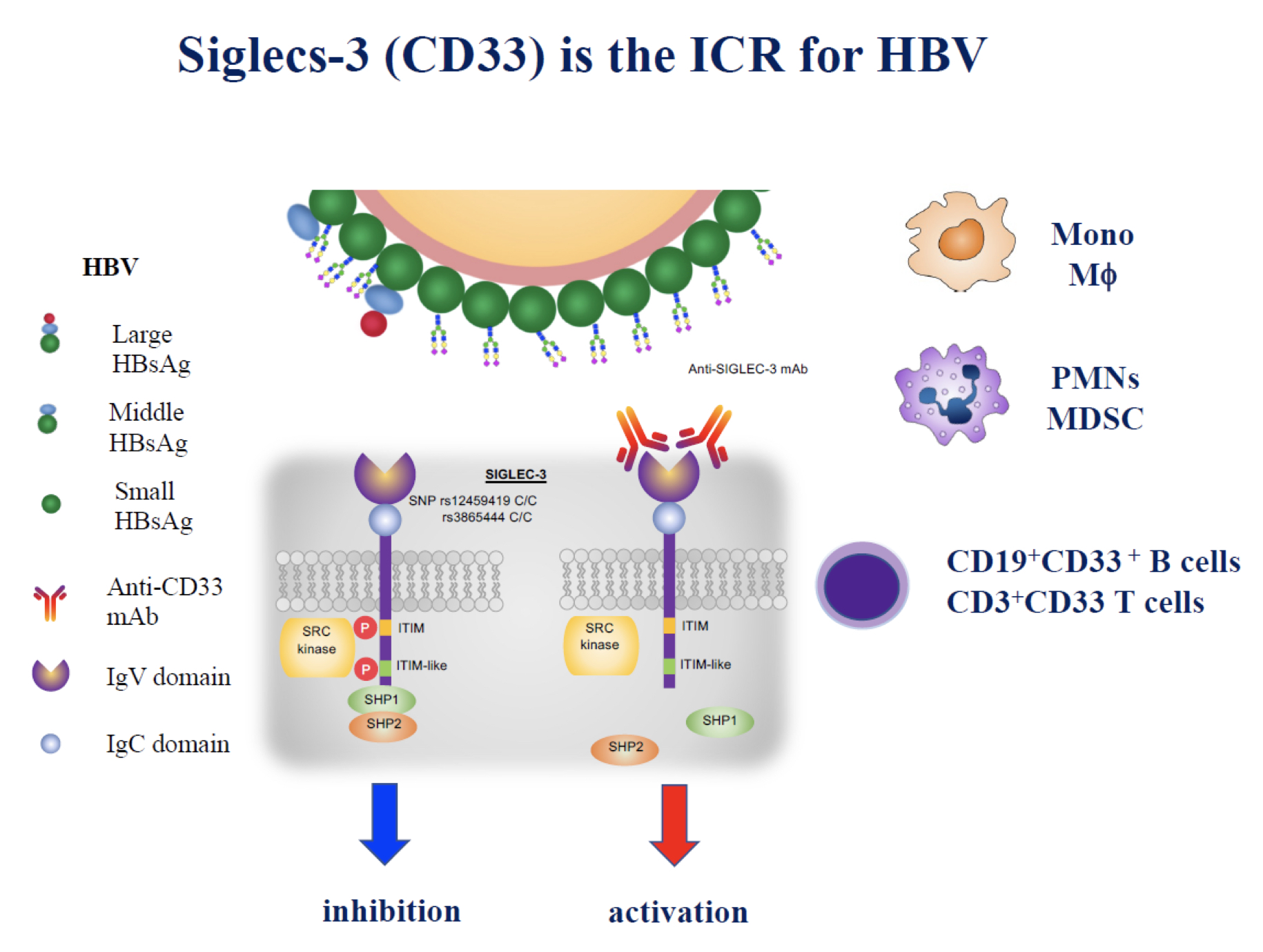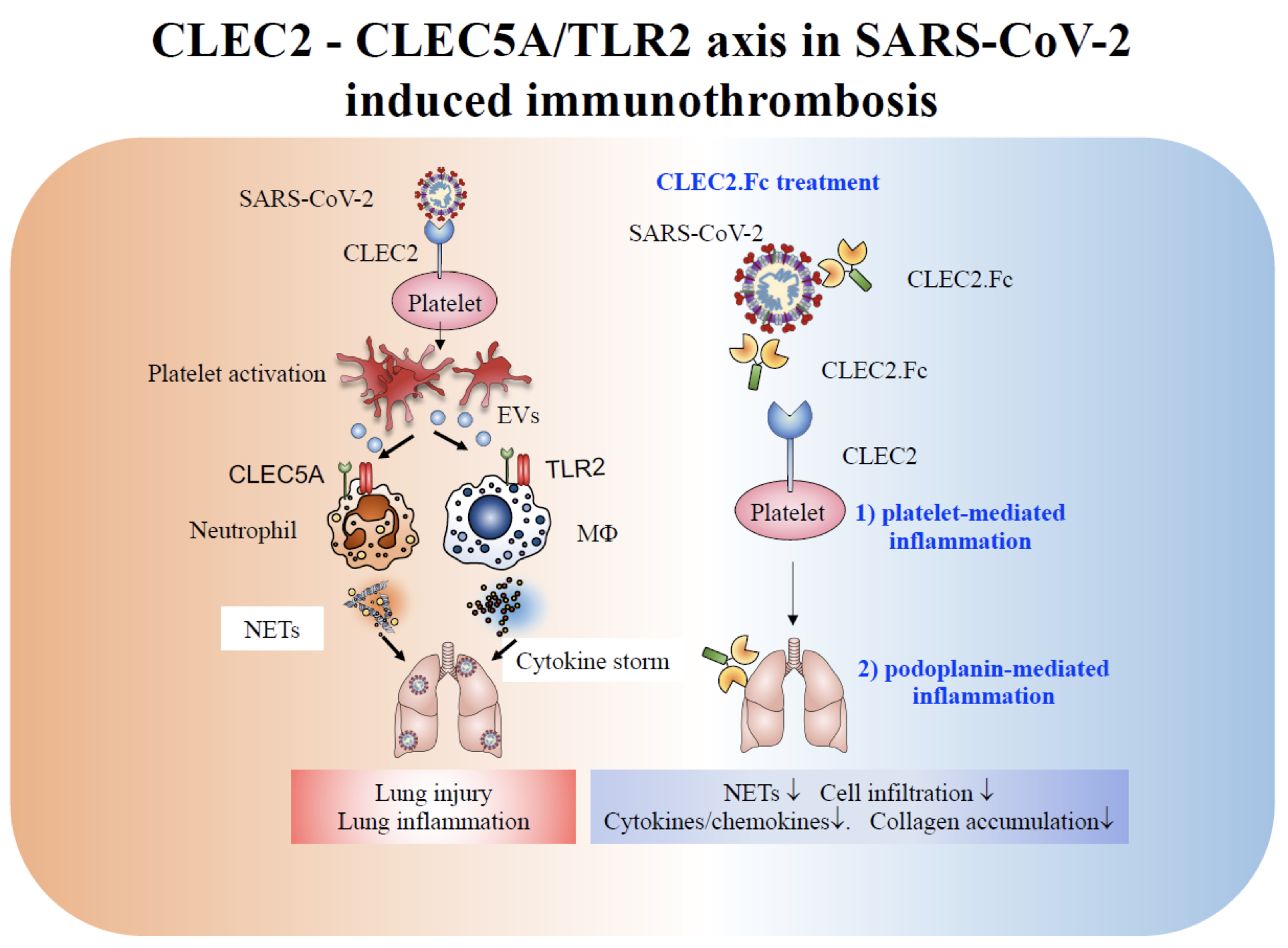 Distinguished Professor
Distinguished Professor
EDUCATION AND POSITIONS HELD:
- M.D., National Yang-Ming University, Taiwan, 1984
- D.Phil., University of Oxford, UK, 1992
- Postdoctoral fellow, Stanford University, USA, 1993
- Director, Institute of Clinical Medicine, National Yang-Ming University, Taiwan, 2010-2013
- Distinguished Professor, Department of Microbiology and Immunology, National Yang-Ming University, Taiwan, 2007-2013
- Professor, Department of Microbiology and Immunology, National Yang-Ming University, Taiwan, 2001-2013
- Director, Immunology Research Center, National Yang-Ming University, Taiwan, 2000-2013
- Director, Immunology Research Center, Taipei Veterans’ General Hospital, Taiwan, 2005-2013
- Adjunct Research Fellow, Academia Sinica, Taiwan, 2009-2013
- Director, IRB on Biomedical Science Research, Academia Sinica, Taiwan, 2018-2022
- Distinguished Professor, Academia Sinica, Taiwan, 2013-2024
- Joint Appointment Professor, Institute of Clinical Medicine, National Yang Ming Chiao Tung University, Taiwan ,2013-present
- Adjunct Professor, National Taiwan University, Taiwan, 2014-present
- Members, IRB on Biomedical Science Research, Academia Sinica, Taiwan, 2022- present
- Joint Appointment Distinguished Investigator / Director, National Health Research Center, Taiwan, 2022-present
HONORS:
- 2021 Outstanding Research Fellow award from the Ministry of Science and Technology (科技部109年度傑出特約研究員)
- 2020 The 18th Y. Z. Hsu Scientific Chair Professor (第十八屆有庠科技講座)
- 2013 The 8th Session TienTe Lee Award (第八屆永信李天德卓越醫藥科技獎)
- 2012 The 16th National Chair Professor Award, Ministry of Education (教育部第16屆國家講座)
- 2010 Outstanding Researcher Award from the National Science Council (國科會傑出獎)
- 2009 The 4th Long-Term Award from Acer Foundation (第四屆宏碁基金會龍騰微笑得獎人)
- 2009 The 53th Academic Achievement Award, Ministry of Education (教育部第53屆學術獎)
- 2009 Tsungming Tu Award, Taiwan Medical Society (台灣醫學會杜聰明獎)
- 2008 The 18th Outstanding research Achievement to National Health, “Ming-Ning Wang Memorial Foundation” (第十八屆王民寧獎-傑出貢獻獎得獎人)
- 2004 The 1st Outstanding Alumni, National Yang-Ming University (第一屆陽明大學 傑出校友)
- 2003 Outstanding Researcher Award from the National Science Council (國科會傑出獎)
- 1999 Outstanding Researcher Award from the National Science Council (國科會傑出獎)
- 1992 Irvington Medial Foundation post-doctoral fellowship ‘Robert Wood Johnson Fellow
- 1989 Oversea Research Scholarship (ORS) from the University of Oxford
- 1989 Oversea PhD studentship from the Ministry of Education, Taiwan
RESEARCH INTERESTS:
My laboratory is to investigate the key receptors responsible for microbial infection, cancer invasion, and autoimmune responses, and generate antibodies as candidate for therapeutic reagents. As fibrotic change is the consequences of inflammatory reactions and leads to organ dysfunction in chronic inflammation, we produce immunomodulator to skew macrophages differentiation into M2-like phenotype to promote tissue repair.
Host-Pathogen Interactions
1. CLEC5A and CLEC5A/TLR2 complex:
We identify CLEC5A as the pattern recognition receptor (PRR) for members of flaviviruses (dengue virus, Japanese encephalitis virus, and ZIKV virus. In addition, CLEC5A is also involved in recognition to influenza virus. CLEC5A also form heterocomplex with TLR2 to to recognize bacteria and critical in the formation of ‘neutrophil extracellular traps (NETs)’ and proinflammatory cytokine release.

2. Siglec-3 (CD33) as an ICR for HBV
We found CD33 is the PRR for the 2,6 sialoglycans on the surface antigens of HBV, and serves as an immune checkpoint receptor in chronic hepatitis B virus infection. We further generated antagonistic mAb against to brake HBV-induced immune tolerance, indicating blockade of CD33 is able to boost immune response to clear viral infection and other sialoglycans-induced human diseases.

3. CLEC2 as a PRR to SARS-CoV-2
We found the platelet-specific CLEC2 is interact with the spike protein of SARS-CoV-2 directly, is responsible for SARS-CoV-2-induced immunothrombosis. Furthermore, we generate recombinant CLEC2.Fc to inhibit SARS-CoV-2-induced thromboinflammation in lung in vivo. As lung is the one of the major organ to produce platelets, targeting CLEC2 is a novel direction to ameliorate platelet-mediated inflammatory diseases and coagulopathy in the future.

PRRs and ICRs to cancer and autoantigens
Similar to HBV, cancer cells also induce immune tolerance, thereby host is unable to remove cancer invasion. As the efficacy of anti-PD1/PDL-1 mAb is approximately 30%, we are seeking for PRR/ICR to cancer cells, and generate antagonistic mAbs to reactive host immunity to fight against cancer invasion. We are also seeking for ICR/PRRs which are involved in endogenous danger signals-induced aseptic inflammatory reactions.
SELECTED PUBLICATIONS:
- Sung PS, Sun CP, Tao MH, Hsieh SL*, 2023, “Inhibition of SARS-CoV-2-mediated thromboinflammation by CLEC2.Fc”, EMBO MOLECULAR MEDICINE, e16351, 1-16. (SCIE)
- Wang HW, Li HH, Wu SC, Tang CK, Yu HY, Chang YC, Sung PS, Liu WL, Su MP, Yu GY, Huang LR, Chen CH*, Hsieh SL*, 2023, “CLEC5A mediates Zika virus‑induced testicular damage”, JOURNAL OF BIOMEDICAL SCIENCE, 30: 12, 1-16. (SCIE)
- Sung PS, Peng YC, Yang SP, Chiu CH, Hsieh SL*, 2022, “CLEC5A is critical in Pseudomonas aeruginosa-induced NET formation and acute lung injury”, JCI INSIGHT, 7(18), e156613. (SCIE)
- Sung PS, Yang SP, Perng YC, Sun CP, Tao MH, Hsieh SL*, 2022, “CLEC5A and TLR2 are critical in SARS-CoV-2-induced NET formation and lung inflammation”, JOURNAL OF BIOMEDICAL SCIENCE, 29(1), 52. (SCIE)
- Hsu YW, Huang H CH, Huang WC, Yeh YH, Hsiao CD, Chang WC**, Hsieh SL**, 2022, “Human rs75776403 Polymorphism Links Differential Phenotypic and Clinical Outcomes to a CLEC18A p.T151M-Driven Multiomics”, JOURNAL OF BIOMEDICAL SCIENCE, 29(1), 43. (SCIE)
- Sung PS, Hsieh SL*, 2021, “C-type lectins and extracellular vesicles in virus-induced NETosis”, JOURNAL OF BIOMEDICAL SCIENCE, 28(1), 46. (SCIE)
- Tsai TY, Huang MT, Sung PS, Peng CY, Tao MH, Yang HI, Chang WC, Yang AS, Yu CM, Lin YP, Ching-Yu Bau3, Huang CJ, Pan MH, Wu CY, Hsiao CD, Yeh YH, Shiteng Duan, James C Paulson, Hsieh SL*, 2021, “Siglec-3 (CD33) is the immune checkpoint receptor in HBV infection”, JOURNAL OF CLINICAL INVESTIGATION, 131(11), 141965. (SCIE)
- Pan YG, Huang MT, P. Sekar, Huang DY, Lin WW, Hsieh SL*, 2021, “Decoy Receptor 3 Inhibits Monosodium Urate-Induced NLRP3 Inflammasome Activation via Reduction of Reactive Oxygen Species Production and Lysosomal Rupture”, FRONTIERS IN IMMUNOLOGY, 12: 638676, 1-16. (SCIE)
- Huang YL , Huang MT, Sung PS, Chou TY, Yang RB, Yang AS, Yu CM, Hsu YW, Chang WC, Hsieh SL*, 2021, “Endosomal TLR3 co-receptor CLEC18A enhances host immune response to viral infection”, Communications biology, 4(1): 229, 1-13. (SCIE)
- Hsieh SL, 2020, Lectin in Host Defense Against Microbial Infections, Advances in Experimental Medicine and Biology, 230 pages, Singapore: Springer Nature Singapore Pte Ltd.
- Sung PS, Chang WC, Hsieh SL*, 2020, “CLEC5A: A Promiscuous Pattern Recognition Receptor to Microbes and Beyond”, editor(s): (Hsieh SL), Lectin in Host Defense Against Microbial Infections, Advances in Experimental Medicine and Biology, pp. 1204: 57-73, 新加坡: Springer Nature Singapore Pte Ltd.
- Sung PS, Hsieh SL*, 2019, “CLEC2 and CLEC5A: Pathogenic Host Factors in Acute Viral Infections”, FRONTIERS IN IMMUNOLOGY, 10: 2867, 1-9. (SCIE)
- Sung PS, Huang TF, Hsieh SL*, 2019, “Extracellular vesicles from CLEC2-activated platelets enhance dengue virus-induced lethality via CLEC5A/TLR2”, NATURE COMMUNICATIONS, 10(1): 2402, 1-13. (SCIE)
- Tsai TY, Peng CY, Yang HI, Huang YL, Tao MH, Yuan SS, Lai HC, Hsieh SL*, 2018, “The human C-type lectin 18 is a potential biomarker in patients with chronic hepatitis B virus infection”, JOURNAL OF BIOMEDICAL SCIENCE, 25(1): 59, 1-10. (SCIE)
- Tsai HW, Huang MT, Wang PH, Huang BS, Chen YJ, Hsieh SL*., 2018, “Decoy receptor 3 promotes cell adhesion and enhances endometriosis development”, JOURNAL OF PATHOLOGY, 244(2), 189-202. (SCIE)
- Chen ST, Chen JW, Wu WC, Chou TY, Yang CY, Hsieh SL*, 2017, “CLEC5A is a critical receptor in innate immunity against Listeria infection”, NATURE COMMUNICATIONS, 8(1): 299, 1-13. (SCIE)
- Chiu CW, Cheng H, Hsieh SL*, 2017, “Contusion spinal cord injury rat model”, Bio-protocol, 7(12), e2337.
- Lai JH, Lin YL, Hsieh SL* , 2017, “Pharmacological intervention for dengue virus infection”, BIOCHEMICAL PHARMACOLOGY, 129, 14-25. (SCIE)
- Teng, O, Chen, ST, Hsu TL, Sia SF, Cole S, Valkenburg SA, Hsu TY, Zheng JT, Tu W, Bruzzone R, Peiris JSM, Hsieh SL*, Yen HL*, 2017, “CLEC5A-mediated enhancement of the inflammatory response in myeloid cells contributes to influenza pathogenicity in vivo”, JOURNAL OF VIROLOGY, 91(1), e01813-e01816. (SCIE)
- Tung YL, Wu MF, Wang GJ*, Hsieh SL*, 2014, “Nanostructured electrochemical biosensor for the detection of the weak binding between the dengue virus and the CLEC5A receptor”, NANOMEDICINE-NANOTECHNOLOGY BIOLOGY AND MEDICINE, 10(6), 1335-1341. (SCIE)
- Chen DY, Yao L, Chen YM, Lin CC, Huang KC, Chen ST, Lan JL*, Hsieh SL*, 2014, “A Potential Role of Myeloid DAP12-Associating Lectin (MDL)-1 in the Regulation of Inflammation in Rheumatoid Arthritis Patients”, PLoS One, 9(1): e86105, 1-11. (SCIE)
- Yang CY, Chen JB, Tsai TF, Tsai YC, Tsai CY, Liang PH, Hsu TL, Wu CY, Netea MG, Wong CH, Hsieh SL*, 2013, “CLEC4F is an inducible C-type lectin in F4/80-positive cells and is involved in alpha-galactosylceramide presentation in liver”, PLoS One, 8(6): e65070, 1-14. (SCIE)
- Wu MF, Chen ST, Hsieh SL*, 2013, “Distinct regulation of dengue virus-induced inflammasome activation in human macrophage subsets”, JOURNAL OF BIOMEDICAL SCIENCE, 20(1): 36, 1-9. (SCIE)
- Wu MF, Chen ST, Yang AH, Lin WW, Lin YL, Chen NJ, Tsai IS, Li L, Hsieh SL*, 2013, “CLEC5A is critical for dengue virus-induced inflammasome activation in human macrophages”, BLOOD, 121(1), 95-106. (SCIE)
- Chen ST, Liu RS, Wu MF, Lin YL, Chen SY, Tan DT, Chou TY, Tsai IS, Li L, Hsieh SL*, 2012, “CLEC5A regulates Japanese encephalitis virus-induced neuroinflammation and lethality”, PLOS PATHOGENS, 8(4): e1002655, 1-18. (SCIE)
- Tai SK, Chang HC, Lan KL, Lee CT, Yang CY, Chen NJ, Chou TY, Tarng DC, Hsieh SL*, 2012, “Decoy receptor 3 enhances tumor progression via induction of tumor-associated macrophages”, JOURNAL OF IMMUNOLOGY, 188(5), 2464-2471. (SCIE)
- Chen ST , Lin YL , Huang MT , Wu MF , Hsieh SL*, 2011, “Targeting C-type lectin for the treatment of flaviviral infections.”, editor(s): Albert M. Wu, The Molecular Immunology of Complex Carbohydrates-3, pp. 769-776, USA: Springer.
- Lin WW, Hsieh SL*, 2011, “Decoy receptor 3: a pleiotropic immunomodulator and biomarker for inflammatory diseases, autoimmune diseases and cancer”, BIOCHEMICAL PHARMACOLOGY, 81(7), 838-847. (SCIE)
- Lee RT, Hsu TL, Huang SK, Hsieh SL, Wong CH, Lee YC*, 2011, “Survey of immune-related, mannose/fucose-binding C-type lectin receptors reveals widely divergent sugar-binding specificities”, GLYCOBIOLOGY, 21(4), 512-520. (SCIE)
- Hsu TL, Cheng SC, Yang WB, Chin SW, Chen BH, Huang MT, Hsieh SL*, Wong CH*, 2009, “Profiling carbohydrate-receptor interaction with recombinant innate immunity receptor-Fc fusion proteins”, JOURNAL OF BIOLOGICAL CHEMISTRY, 284(50), 34479-34489. (SCIE)
- Chen CY, Yang KY, Chen MY, Chen HY, Lin MT, Lee YC, Perng RP, Hsieh SL, Yang PC, Chou TY*, 2009, “Decoy receptor 3 levels in peripheral blood predict outcomes of acute respiratory distress syndrome”, AMERICAN JOURNAL OF RESPIRATORY AND CRITICAL CARE MEDICINE, 180(8), 751-760. (SCIE)
- Wu MF, Yang CY, Lin TL, Wang JT, Yang FL, Wu SH, Hu BS, Chou TY, Tsai MD, Lin CH, Hsieh SL*, 2009, “Humoral immunity against capsule polysaccharide protects the host from magA+ Klebsiella pneumoniae-induced lethal disease by evading Toll-like receptor 4 signaling”, INFECTION AND IMMUNITY, 77(2), 615-621. (SCIE)
- Tsai CM, Chiu YK, Hsu TL, Lin IY, Hsieh SL, Lin KI*, 2008, “Galectin-1 promotes immunoglobulin production during plasma cell differentiation”, JOURNAL OF IMMUNOLOGY, 181(7), 4570-4579. (SCIE)
- Chang PM, Chen PM, Hsieh SL, Tzeng CH, Liu JH, Chiou TJ, Wang WS, Yen CC, Gau JP, Yang MH*, 2008, “Expression of a soluble decoy receptor 3 in patients with diffuse large B-cell lymphoma predicts clinical outcome”, INTERNATIONAL JOURNAL OF ONCOLOGY, 33(3), 549-554. (SCIE)
- Hsieh SL*, 2008, “Decoy Receptor 3 (DcR3): A Pleiotropic Immunomodulator”, BLOOD, 112(3), 916-917. (SCIE)
- Chang YC, Chen TC, Lee CT, Yang CY, Wang HW, Wang CC, Hsieh SL*, 2008, “Epigenetic control of MHC class II expression in tumor-associated macrophages by decoy receptor 3”, BLOOD, 111(10), 5054-5063. (SCIE)
- Lee CS, Hu CY, Tsai HF, Wu CS, Hsieh SL, Liu LC, Hsu PN*, 2008, “Elevated serum decoy receptor 3 with enhanced T cell activation in systemic lupus erythematosus”, CLINICAL AND EXPERIMENTAL IMMUNOLOGY, 151(3), 383-390. (SCIE)
- Wang SK, Liang PH, Astronomo RD, Hsu TL, Hsieh SL, Burton DR, Wong CH*, 2008, “Targeting the carbohydrates on HIV-1: Interaction of oligomannose dendrons with human monoclonal antibody 2G12 and DC-SIGN”, PROCEEDINGS OF THE NATIONAL ACADEMY OF SCIENCES OF THE UNITED STATES OF AMERICA, 105(10), 3690-3695. (SCIE)
- You RI, Chang YC, Chen PM, Wang WS, Hsu TL, Yang CY, Lee CT, Hsieh SL*, 2008, “Apoptosis of dendritic cells induced by decoy receptor 3 (DcR3)”, BLOOD, 111(3), 1480-1488. (SCIE)
BOOK:
- Shie-Liang Hsieh*: Lectins in Host-Pathogen Interaction (Editor, Springer Publisher, to be completed in 2018)
BOOK CHAPTER:
- Shie-Liang Hsieh* "C-Type Lectin Receptors in Immunity" Chapter 3: C-type lectin member 5A. 2016 (editor: Sho Yamasaki) Springer Publisher Ltd. ISBN 978-4-431-56015-9
- Szu-Ting Chen, Yi-Ling Lin, Ming-Ting Huang, Ming-Fang Wu, Shie-Liang Hsieh*(2011). "The Molecular Immunology of Complex Carbohydrates-3" Chapter 40: Targeting C-Type Lectin for the Treatment of Flavivirus Infections. Springer Publisher Ltd. ISBN 978-1-4419-7877-6